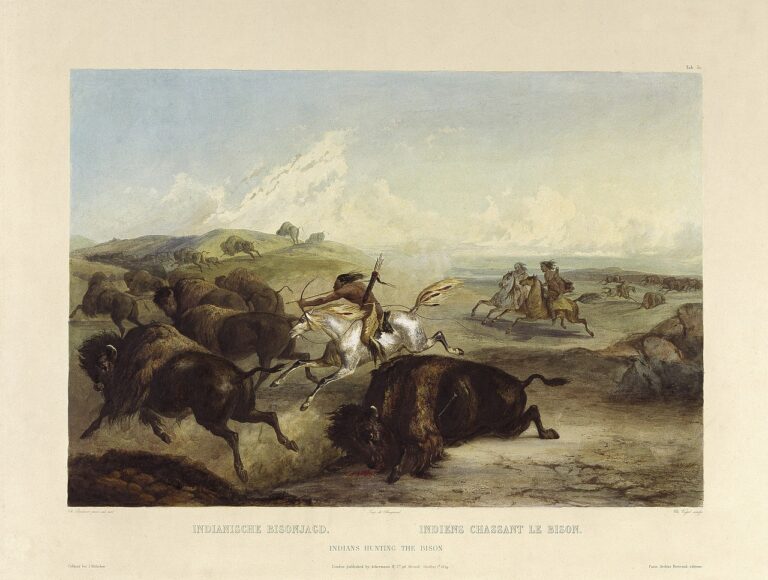The Impact of Election Laws on Voter Participation and Representation
Election laws typically encompass a set of regulations that govern the electoral process within a particular jurisdiction. These laws outline procedures for voter registration, candidate eligibility, campaign finance, and the conduct of elections. By establishing rules and guidelines for various aspects of the electoral process, election laws aim to ensure fairness, transparency, and integrity in the democratic process.
One key component of election laws is the regulation of political campaigning, including restrictions on advertising, fundraising, and disclosure requirements. These regulations help maintain a level playing field for all candidates and political parties, preventing the undue influence of money in politics. Additionally, election laws often dictate the procedures for ballot access, specifying the criteria that candidates must meet to appear on the ballot and ensuring that voters have a meaningful choice at the polls.
• Regulation of political campaigning, including restrictions on advertising, fundraising, and disclosure requirements
• Maintaining a level playing field for all candidates and political parties
• Preventing the undue influence of money in politics
• Dictating procedures for ballot access to ensure meaningful choice at the polls
Historical Context of Election Laws
Election laws have evolved over the years to shape democratic processes and ensure fairness in electoral systems. The foundation of election laws can be traced back to ancient civilizations, where rules and regulations were established to govern voting procedures and prevent electoral fraud. As societies advanced and democratic principles took root, election laws became more sophisticated, encompassing a wide range of issues such as voter eligibility, campaign finance, and election monitoring.
Throughout history, election laws have been influenced by political upheavals, social movements, and technological advancements. The establishment of legal frameworks for elections has been crucial in shaping the way democracies function and ensuring that the voices of the people are heard through free and fair elections. By understanding the historical context of election laws, we can appreciate the significance of these regulations in safeguarding the integrity of electoral processes and upholding the fundamental principles of democracy.
Effect of Voter ID Laws on Voter Turnout
Voter ID laws have been a controversial subject in the realm of politics, with proponents arguing that they are necessary to prevent voter fraud and maintain the integrity of the electoral process. However, opponents of these laws raise concerns that they can disenfranchise certain groups of voters, particularly those from marginalized communities who may face challenges in obtaining the required identification.
Studies examining the impact of voter ID laws on voter turnout have yielded mixed results. Some research suggests that these laws can indeed suppress voter turnout, particularly among minority and low-income populations who may be less likely to possess the necessary identification. On the other hand, some studies have found minimal to no effect on voter turnout, indicating that the impact of voter ID laws may vary depending on the specific circumstances and demographics of the affected population.
What are some key components of election laws?
Some key components of election laws include voter registration requirements, rules for absentee and early voting, regulations on polling place accessibility, and guidelines for recount procedures.
What is the historical context of election laws in the United States?
Election laws in the United States have evolved over time, with significant milestones such as the Voting Rights Act of 1965, which aimed to eliminate barriers to voting for minorities. Various Supreme Court decisions have also shaped the landscape of election laws.
How do voter ID laws impact voter turnout?
Voter ID laws can have varying effects on voter turnout. Some studies suggest that these laws can decrease turnout, particularly among minority and low-income voters who may have difficulty obtaining the required identification. Others argue that voter ID laws are necessary to prevent voter fraud and ensure the integrity of elections.







